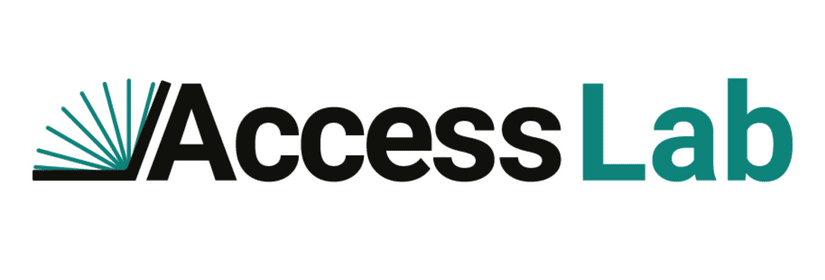Session descriptions
AI and Libraries: Friends or Enemies?
In our opening keynote presentation, Luba Pirgova-Morgan shares insights from the recent report ‘Looking Towards a Brighter Future: The Potentiality of AI and Digital Transformations to Library Spaces’. Luba will set out AI’s potential for transforming and personalizing library services whilst balancing the need for responsible and ethical AI implementation and alignment with the core mission and value of libraries. Specifically, she will cover the library’s evolving role in providing AI-related content, procuring resources, maintaining data quality and support for AI tools. Finally, Luba will highlight recommendations for AI applications within libraries and offer context-specific guidance for future development.
GALILEO: 5 Years On
What do you want from the OpenAthens Community?
In October last year we ran a survey to find out what our customers and future customers want from the OpenAthens Community. In this session we will share the survey results, outline how we’re developing our community offer and how you can get involved.
AI in libraries
2024 UX awards
Tune in to watch the winner of our 2024 UX award be announced.
How to leverage OpenAthens Reporting API for strategic library planning
In this session you’ll learn how to unlock the potential of library usage statistics for informed decision making and strategic planning with our Reporting API. Discover how our API streamlines the reporting processes to liberate your valuable time and how it seamlessly integrates with BI tools such as tableau or Power BI. Get deeper insights into collection usage and how this correlates with student success by using automated data retrieval and integrating it with your organization’s information. We’ll also show how our tool empowers evidence-based library impact assessments and helps data driven budgeting.
Panel debate: Balancing AI innovations and library ethics
The emergence of Artificial Intelligence (AI) in learning and research has built up momentum over the years. But what impact is it having on our community and what are the opportunities and potential threats for librarians, publishers, students and researchers?
This panel debate will discuss making the most of AI while considering ethics. We’ll also discuss the balancing of values relating to AI, skills, ways of working and what may become the future.
How OpenAthens balances privacy and personalization
Charting the future: OpenAthens’ next steps
OpenAthens head of product, Dan Mayers, talks through the roadmap for OpenAthens as we continue to support librarians, publishers and end users across the world. We’ll look at our strategic themes and some of the upcoming changes planned to improve usability and enable more people around the world to connect to the knowledge they need. We’ll also explain how you can get involved in product development to help make our products even more useful and easy to use.
How we work with publishers to evolve the needs of the library
In this session we offer a unique perspective on the relationship between OpenAthens and its publisher customers. From newspapers to journals, from Australia to Zimbabwe, this presentation sheds light on how OpenAthens and its publisher customers work in tandem to meet the evolving needs of the library.
We also delve into the collaborative nature of our relationship with different types of publishers in different industries and the range of technologies they use. Through a blend of industry expertise and compelling examples, we give our understanding of the integral role publishers play within the OpenAthens ecosystem.
Browser changes: the impact on authentication for library users
What do these browser changes mean for your users and for you as the librarian? How might this disrupt access to online resources?
In this roundtable discussion, our panel of experts will outline the impact that existing browser updates are already having, discuss the imminent impact of new browser driven privacy measures, as well as discuss future plans and how we can work together to prevent loss of access to resources and ensure a consistent, seamless user journey.
